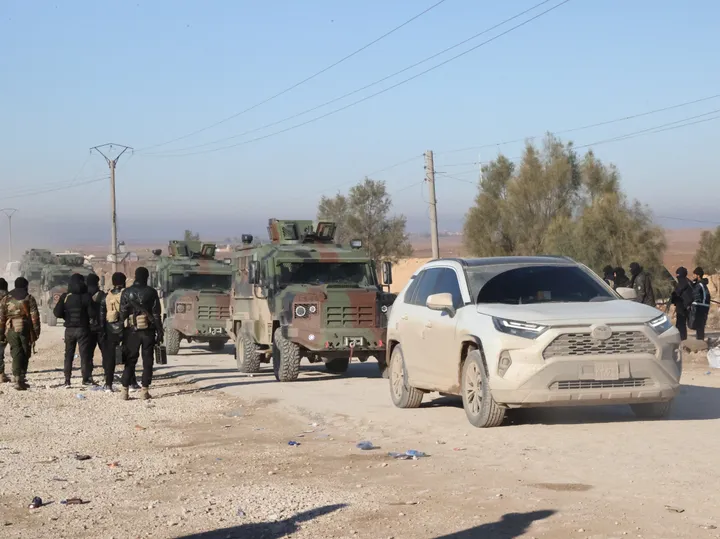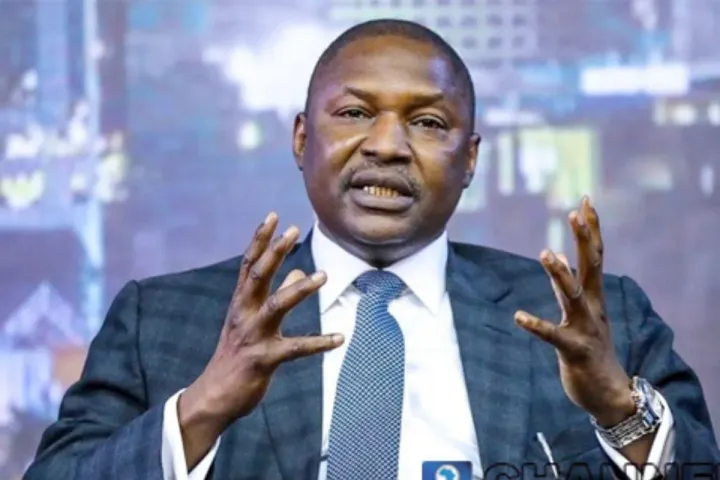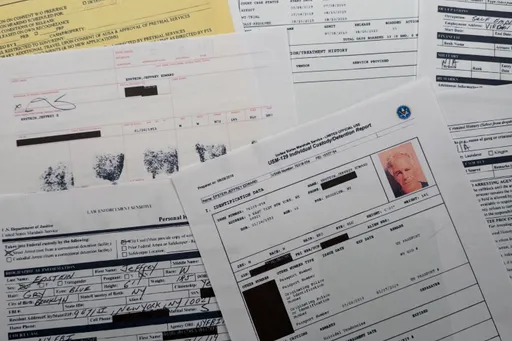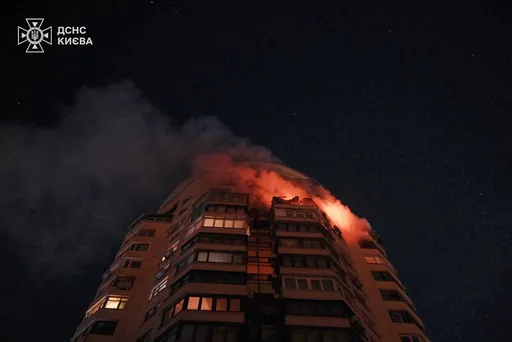The authorities of Greek-administered Cyprus has moved to shut down a group of human rights organisations, including KISA, a well known non-profit that advocates for migrant rights on the island.
The administration's effort to end the legal status of NGOs isn’t new. The government has long been mounting pressure, asking them to close down their offices while migrants continue to arrive in the Eastern Mediterranean island.
Several human rights groups have criticised the Cypriot government for misusing the law, forcing the NGOs to shut down and cracking down on their workers and activists.
Here’s more about the battle between the NGOs and the government:
The government says it's technicality, NGOs say they’re being silenced
In January, the Greek administration of Southern Cyprus deregistered KISA, one of the leading NGOs in the island that particularly focuses on migration-related issues alongside other independent organisations. The administration claimed that there was a delay from KISA to show that its constitution was in line with the law.
According to Council of Europe’s human rights commissioner, Dunja Mijatovic, “the dissolution of an NGO can only be applied for serious misconduct, therefore its forceful deregistration demonstrates a "disproportionate" government response.
The organisation says the delay has been a slight one caused by the pandemic-induced complications, but their small oversight is rather being used as an excuse to silence them.
“This is just the latest move in a long campaign to discredit and silence independent voices in Cyprus, in particular KISA, and ultimately attack the foundations of democratic pluralism,” the organisation said. An administrative Court rejected KISA’s recourse against the decision in June but the organisation is now appealing the decision before the Supreme Court.
This has come as part of KISA’s long battle with the Greek administration of Southern Cyprus. In 2019, the executive director of the organisation was arrested.
“KISA believes that this case, which is the sixth in a row, is part of the criminalisation efforts, blackmailing attempts, and vindictiveness against it for its work in supporting migrants and safeguard human rights,” the organisation said at the time.
Part of a larger trend
Tara Ansari Esfahani, a specialist in European Asylum Law says the crackdown on migrant focused NGOs in Cyprus is part of a larger trend in Europe.
“In Europe, people are still talking about the alleged refugee crisis -- criminalization of NGOs has been a big part of political response from states. You see it in Greece, and you're seeing it increasingly in Cyprus,” Esfahani told TRT World.
“It's a lot easier for countries to criminalize NGOs and crack down on them instead of actually taking account of the accusations that NGOs are making of states,” she said, stating that it’s a policy aimed at deterrence of migration.
Under EU law, Dublin protocol, migrants can only seek asylum in the first country they step in Europe. While Cyprus and Greece, one of the most popular migrant routes, are often the first EU countries migrants or refugees set their foot on, they most often aren't their final destinations. Many migrants see the two countries as a pit stop. They want to move to other EU countries where better protections are offered to migrants.
“The main thing that Western states are preoccupied with is the prevention of entry of refugees, whether it's by an interception on seas or poor reception conditions, or by sending money to third countries, or by criminalizing organizations,” Esfahani says.
“It's a way of discouraging refugees or migrants from trying to cross into that state because they think I will have no protection there,” she said, pointing out that when there’s no organizations to aid, there's no assistance and there are no watchdogs to see how they’re being treated.
More migrants are arriving in Cyprus
Divided into two zones, the Greek administration of Southern Cyprus and the Autonomous Turkish Cypriot Administration, the island has been facing an increasing flow of refugees particularly since the past year.
Greek Cypriot administration in May said it is in a “state of emergency” as a result of Syrian migrant arrivals.
In response, the Greek Cypriot administration has reportedly turned away the migrants who arrived on its shores or prevented their arrival by pushing them back at sea -- a practice that is deemed illegal under international law.
The Greek management has come under the media spotlight for taking no action to improve the living conditions of migrants, who live in squalid and overcrowded migrant centers on the island.
The migrants are forced to live in a dirty, insect-infested Pournara open-air camp where two toilets are used by 100 people, according to a Human Rights Watch report in September 2020.























